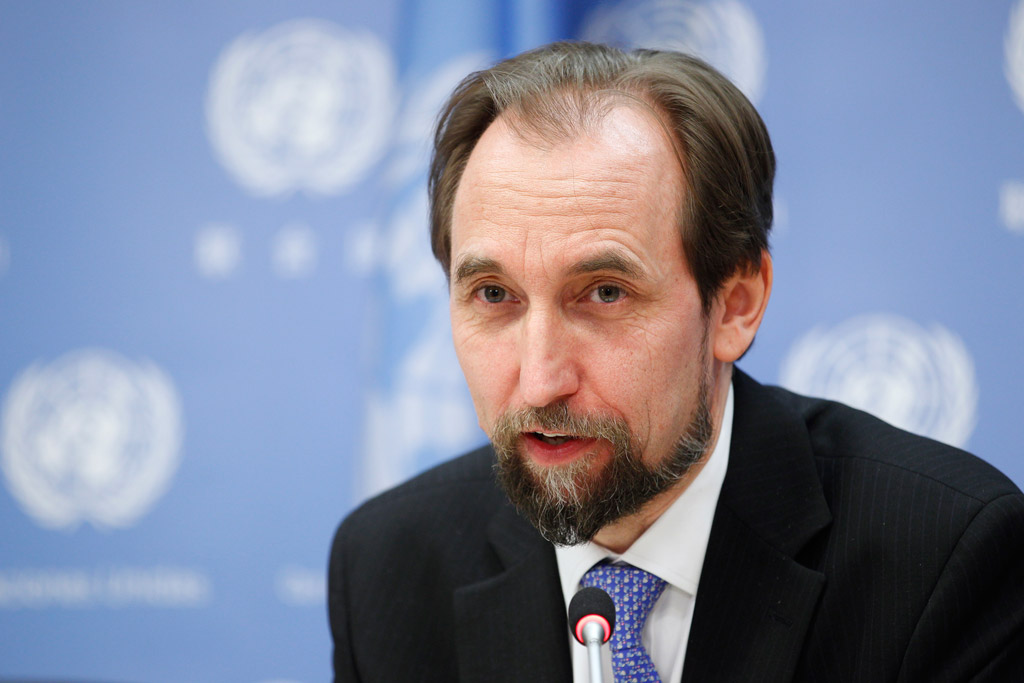Read previous report: Who’s afraid of the big bad Sedition Act?
With the new amendments to the Sedition Act passed in Parliament last month, the criticism against the amendments have unsurprisingly fallen on deaf ears.
Despite having a poor human rights track record, the government showed no shame in the increasingly tense response to the amendments, including even from the United Nations.
In a statement on the day the amendments were passed, UN High Commissioner for Human Rights Zeid Ra’ad Al Hussein said that the amendments seriously undermines freedom of expression and opinion.
“It is very disappointing that the Malaysian Government is now proposing to make a bad law worse,” he said.
“These proposals are particularly worrying given that the Sedition Act has been applied in many instances to curb the legitimate exercise of freedom of expression in Malaysia – including through the arrests of individuals for merely tweeting their criticism of Government policies and judicial decisions,” he added.
The UN also said that the UN Human Rights Office has long urged Malaysia to either repeal the 1948 Sedition Act or to bring it in line with international human rights standards, and recalled that the Malaysian government had committed to repealing the Act during its Universal Periodic Review at the Human Rights Council in 2013.
In fact, Prime Minister Najib Abdul Razak had promised to repeal the Act before, once in July 11, 2012 and another time in London on July 3, 2013.
Zeid said the passing of the equally as oppressive Prevention of Terrorism Act (POTA) further exarcebates the human rights shortcomings in the law.
“Silencing dissent does not nurture social stability, but an open democratic space does,” he added.
“Curtailing the legitimate exercise of human rights in the name of fighting terrorism has been shown, time and again, to backfire and to only lead to festering discontent and a strong sense of injustice.”
A statement from Washington also noted that the Sedition Act restricts the freedom of expression in Malaysia.
“We welcome the decision to remove provisions outlawing criticism of the government and the judiciary, and we hope the Government of Malaysia will therefore reconsider recent sedition charges brought under those now-defunct sections of the law.
Other aspects of the Sedition Act amendments, however, threaten to restrict unduly speech and public discourse. Particularly worrying are new provisions that increase penalties—including for first-time offenders—and could make sharing allegedly seditious material on social media a crime,” Marie Harf, Acting Department Spokesperson, said.
“The public debate of ideas can be among the best protections against intolerance and can play a positive role in strengthening democracy and combating hatred,” she added.
Read more: Sedition Act amendments bulldozed through Parliament




